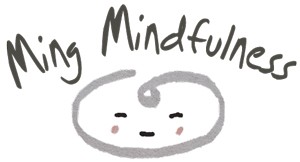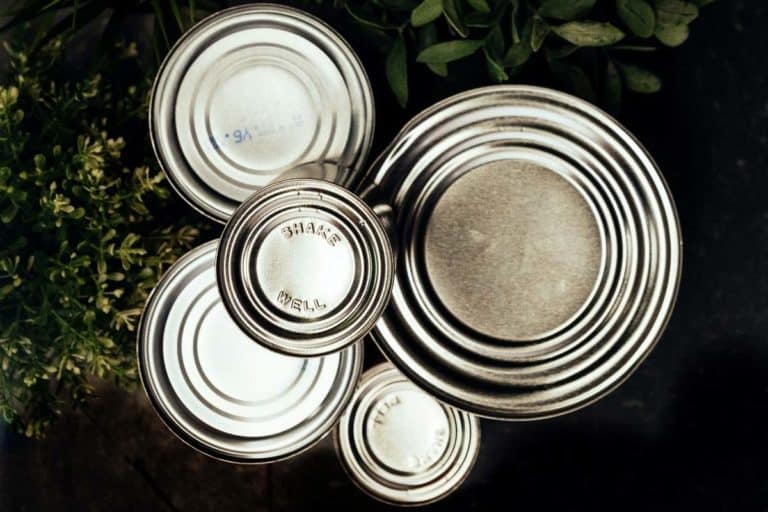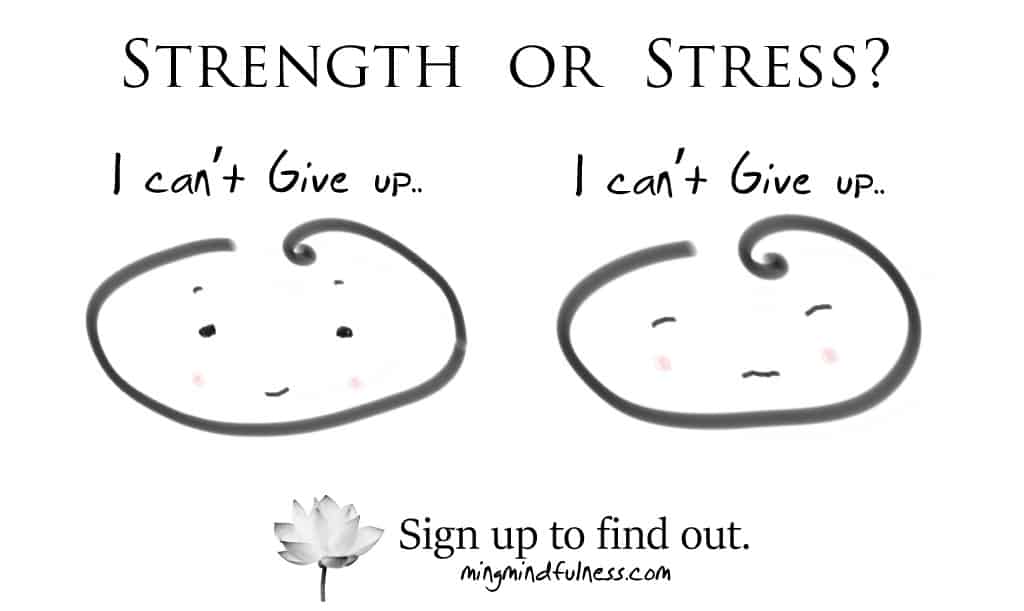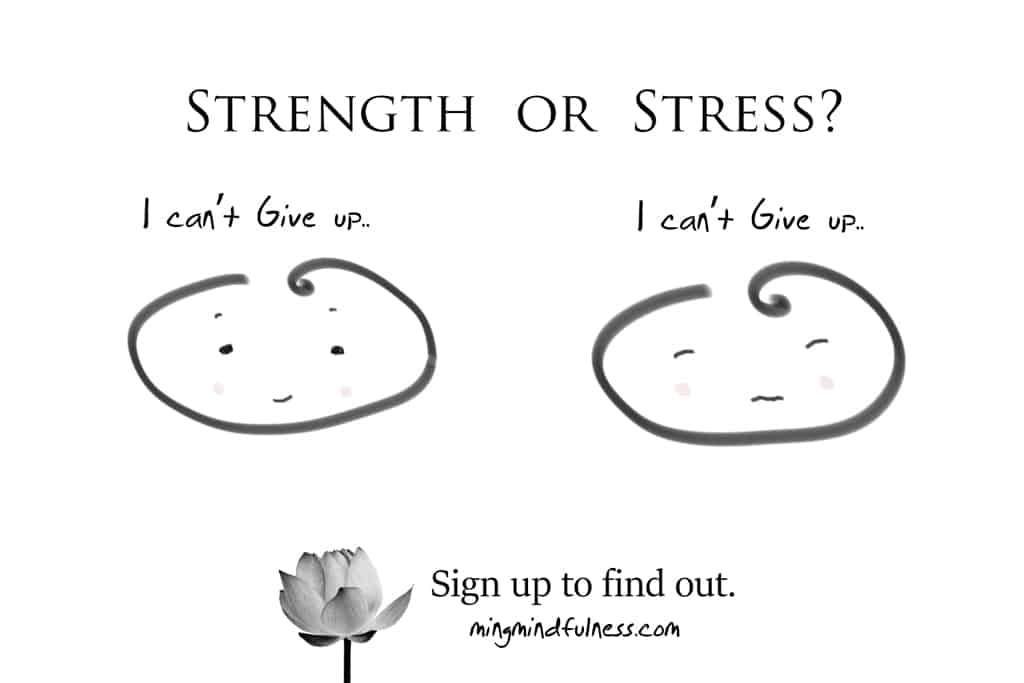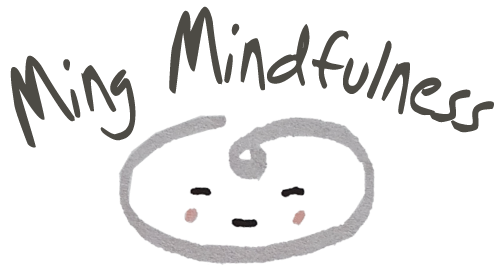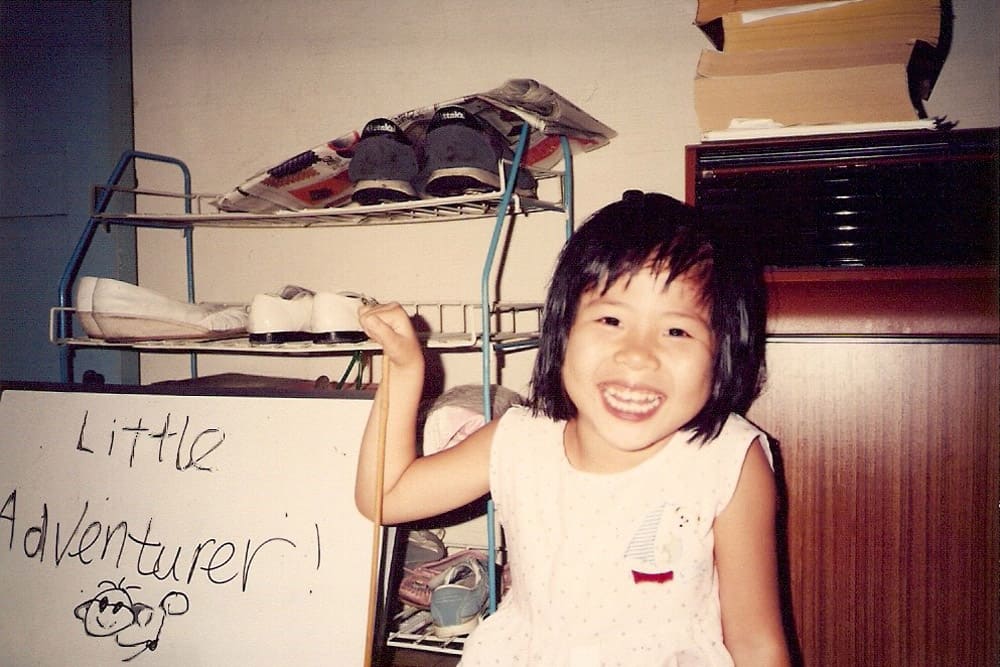
I was really excited when I found a game of Othello. It was a childhood game that I played frequently with my brothers as a child, and I conveniently forgot that I probably never won.
I had a game with my husband. As we progressed into the game, I noticed this familiar tension that was showing up and I felt like a child with a tantrum. This feeling of knowing the inevitability that I was going to lose, and this strong frustration with how I was unable to strategise or think ahead.
When I did lose, I broke down. Yes. Like crying. Tears.
It was the strangest thing; I just had to cry to release all that tension within me. It was a relief that I could finally cry, because my young self would try her best to smile and pretend that I was fine. The intensity of emotions showing in my body felt just as strong as when I was maybe 6 or 7 years old.
Did I fail my growth mindset?
Am I not resilient?
And we ask the same of our children – we want them to deal with it, not understanding how strong and complex those feelings could be. For some, there is a strong desire to win. For others, they do not know how to lose. It isn’t so much about the winning or losing, it’s the actual physical sensations of the feelings beneath it.
For me, no one taught me or allowed me to sit with the debilitating emotions of shame. Multiple thoughts came with it –
‘I am really not smarter or more intelligent than most other people’.
‘I am so stupid’.
As a child, we internalise these emotions within us. Without compassionate guidance, we develop coping mechanisms that involve avoidance, numbing or blaming.
It might be the reason why I never touched the same game afterwards until I had forgotten why.
As an adult, to allow these “tantrums” or emotions to show up, be expressed, and not be overly entangled with what it is saying about you was difficult yet necessary – at least for me. To own what is seen as possibly childish but still deeply entrenched in me. To allow the expression and not judge myself. This is also how we learn compassion for our own kids.
As I allowed my husband and daughter to witness what could be the most humiliating moment (not the losing but crying like a child over a game), thank god they still love me, everything else become easier. It felt like a part of me can put that down and grow up. In the next game, I can be less consumed by the intense emotion. I can instead ask humbly, ‘where do you think I can go next?’, ‘How do you strategise?’.
Yes, I am not so smart in this, and that’s ok.
